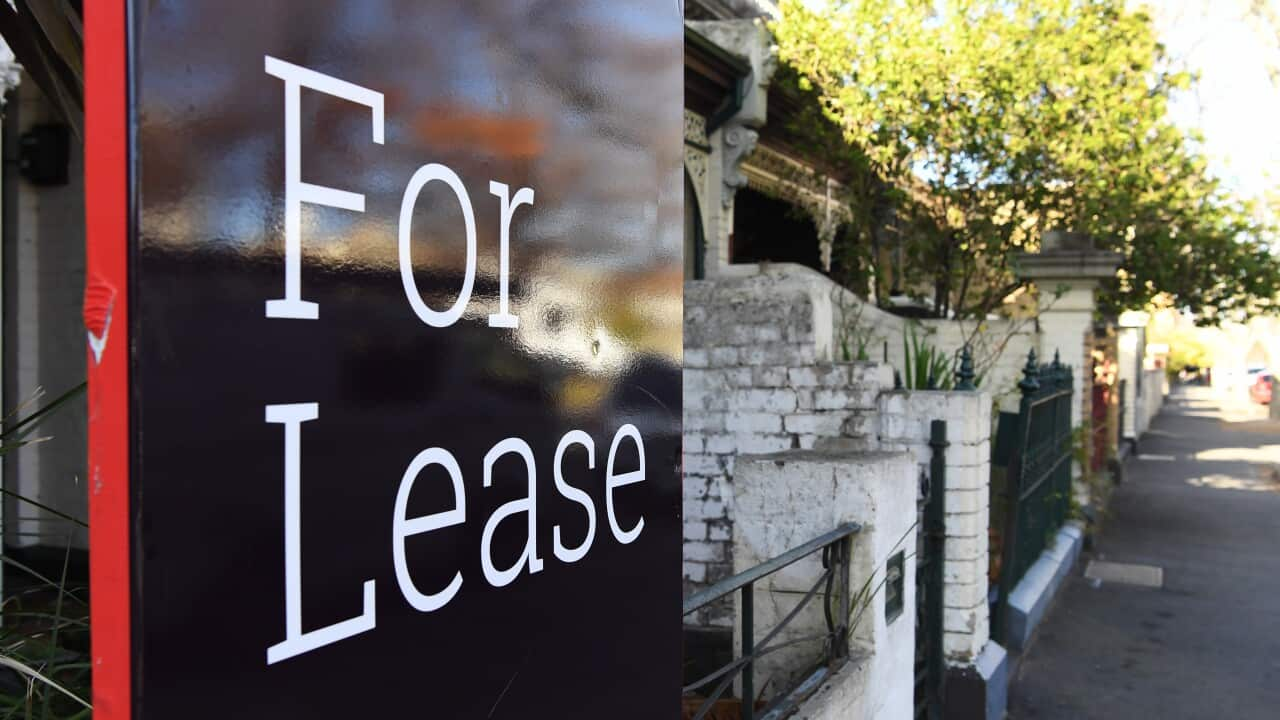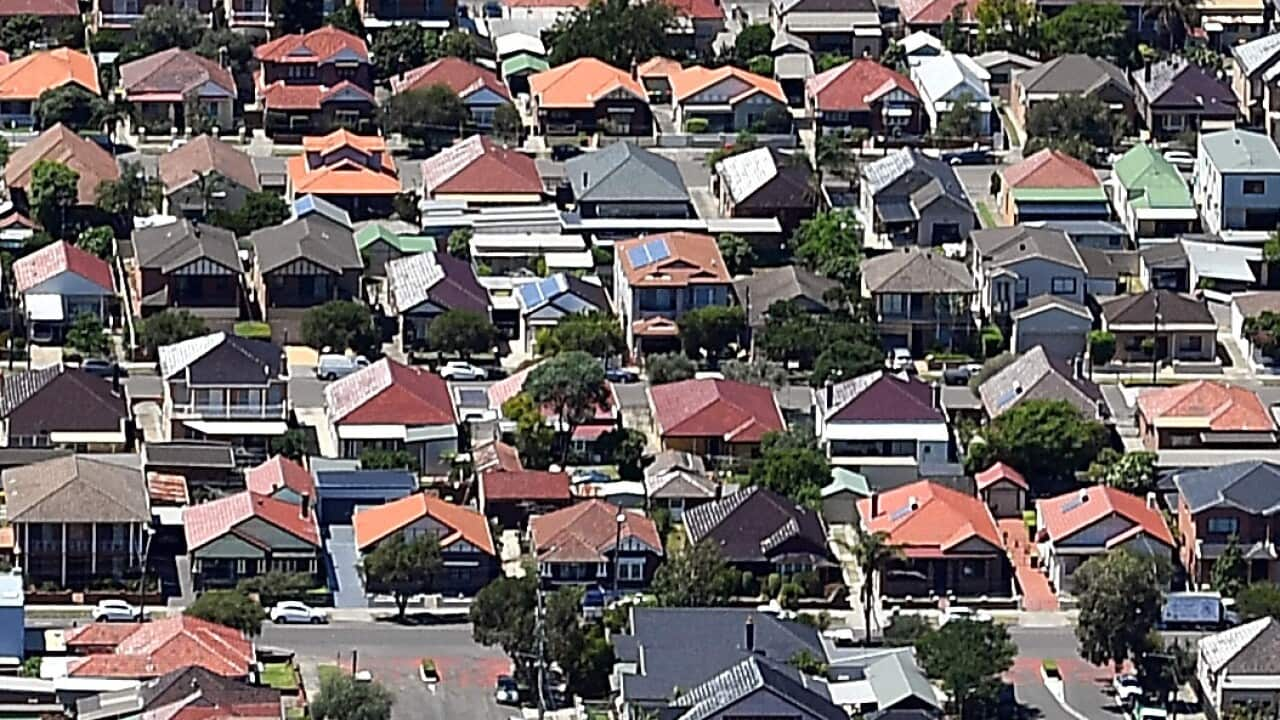Australia's rental crunch has worsened, with the number of available properties having reached a record low and renters warned they're set to face more tough conditions this year.
Weekly rents have soared as compared to the past year as and strong demand impact the housing market.
The latest report from property research firm PropTrack report shows the total number of listings on realestate.com.au in December 2023 fell to a record low of 30.2 per cent below the decade average for the month.
Meanwhile, new listings reached a historic low, down 4.6 per cent in December year-on-year and 20.7 per cent lower than the decade average.
And rental vacancies have remained near record lows at 1.1 per cent, down from 1.3 per cent in December 2022.
However, the number of inquiries per listing rose by 3.3 per cent over 2023, hiking the median advertised price to $580 a week.
PropTrack economic research director Cameron Kusher maintains there will be no meaningful change to the market without additional housing, particularly in capital cities where there is a "critical need" for more dwellings.
"Serious consideration needs to be given to the financing of these projects and the capacity to build the volume of housing we need," Kusher said.
There's been a countrywide trend of investors selling off their investment properties due to unaffordable mortgage repayments, and while there has been a rebound in this trend, it is not enough to replenish depleted levels of housing stock, according to the PropTrack report.
Rents are expected to continue to increase and renters were still likely to face challenging conditions, Kusher said. But he added the intensity of the increases is likely to ease.
In Australia's capitals, annual rent growth slowed from 17.8 per cent in 2022 to 13.2 per cent in 2023, while slowing from 11.6 per cent to 4.2 per cent in the regions.
"While we expect rents to continue to rise this year, it's likely the rate of growth will slow," Kusher said.
"The already higher cost of renting and overall increase in the cost of living will limit rent price increases moving forward."

Across Australia, almost half of all suburbs are classified as being in extreme pain based on rental stress, according to a new report. Source: AAP / Sam Mooy
Community Housing Industry Association (CHIA) Victoria has revealed 85 per cent of new applications to the state's social housing waitlist are from single-person households but less than a third of public housing is one-bedroom.
Sarah Toohey, chief executive of CHIA Victoria, says raising the rate of JobSeeker to $78 per day would help fund much-needed housing.
"Social housing is a lifeline for singles - it delivers affordable rent, at no more than 30 per cent of income," Toohey said.
“However, because JobSeeker is so low, 30 per cent of a single person's income makes it challenging to cover the cost of building and maintaining homes.
"That's holding back the community housing sector from delivering more homes to those who most desperately need them."










